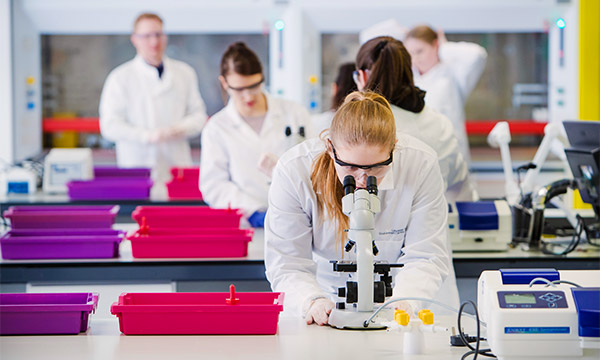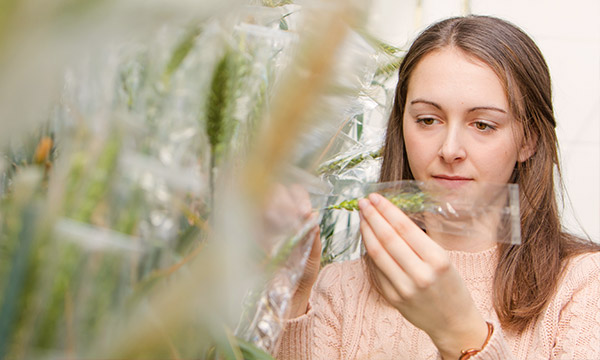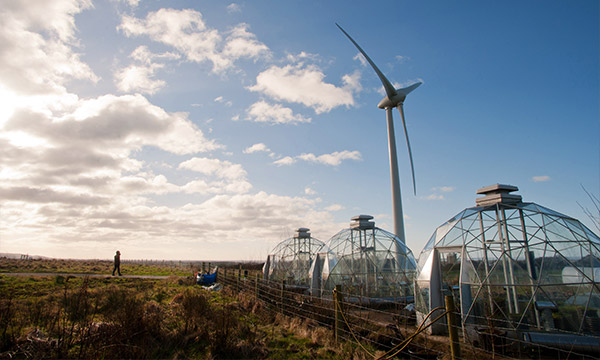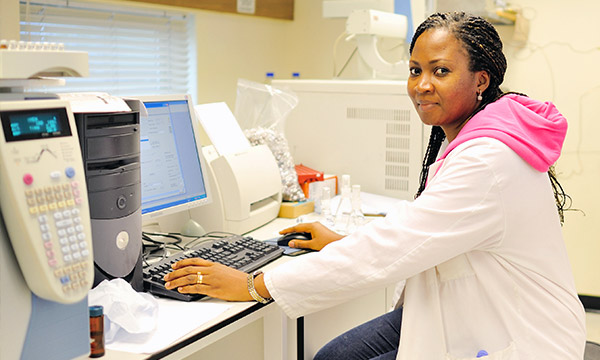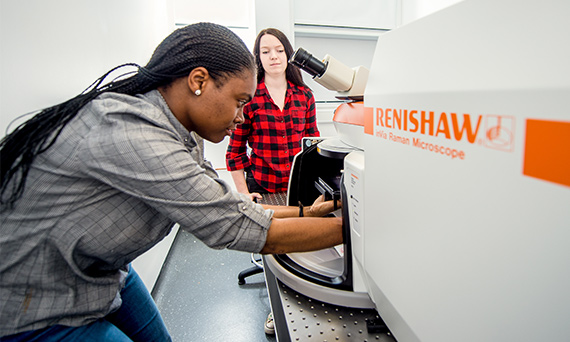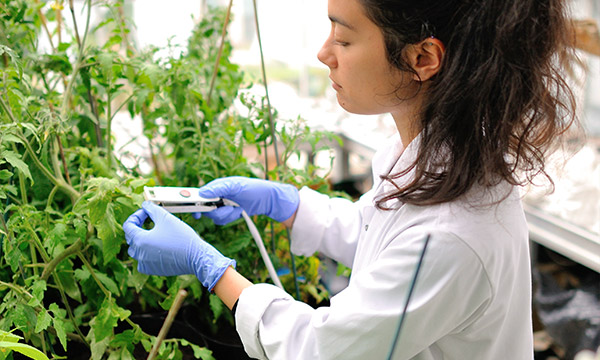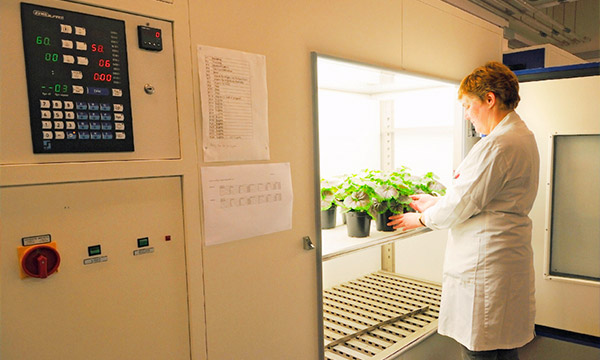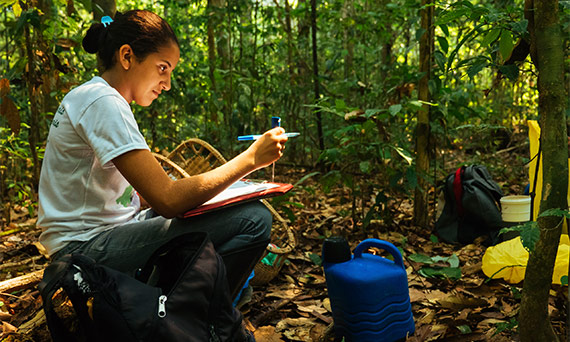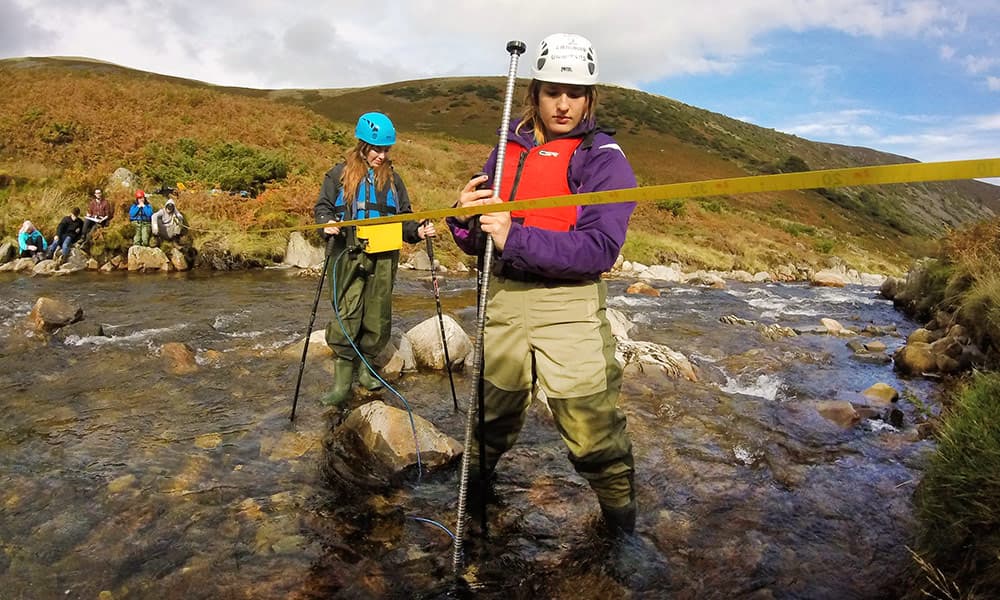Academic Support
We ensure that our students receive the support that they need to achieve their full potential. We are a friendly department and foster a supportive learning environment.
Academic Advisors
We assign each student their own Advisor for the duration of their studies, meeting once per term. Your Advisor is available for on-demand, one-to-one consultation, and to discuss personal development. This can include feedback on coursework and discussion of academic issues. You may also discuss extra-curricular activities and any other issues you may be having.
Open Door Policy
Our friendly and approachable academic staff offer an open door to any students wanting support with their learning. Staff in the Teaching Office are also always available to help.
Student Representatives
Elected student representatives collect feedback from our students. We hold regular meetings with these representatives and the academic staff. We want to make sure we hear your opinions so that we can improve the student experience.
Student Learning Advisor
The Faculty of Science and Technology provide support with Student Learning Advisors. They offer workshops and free consultations to help you improve your scientific writing. We want your coursework to achieve its full potential.



